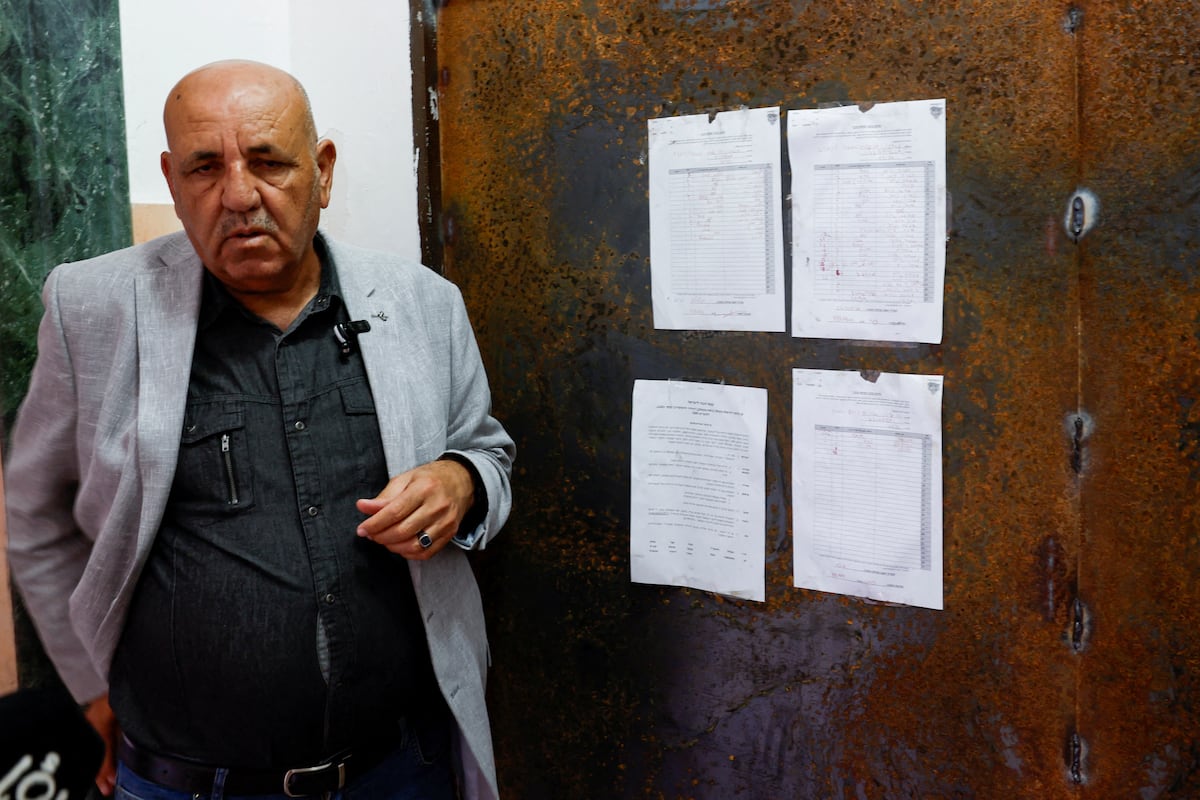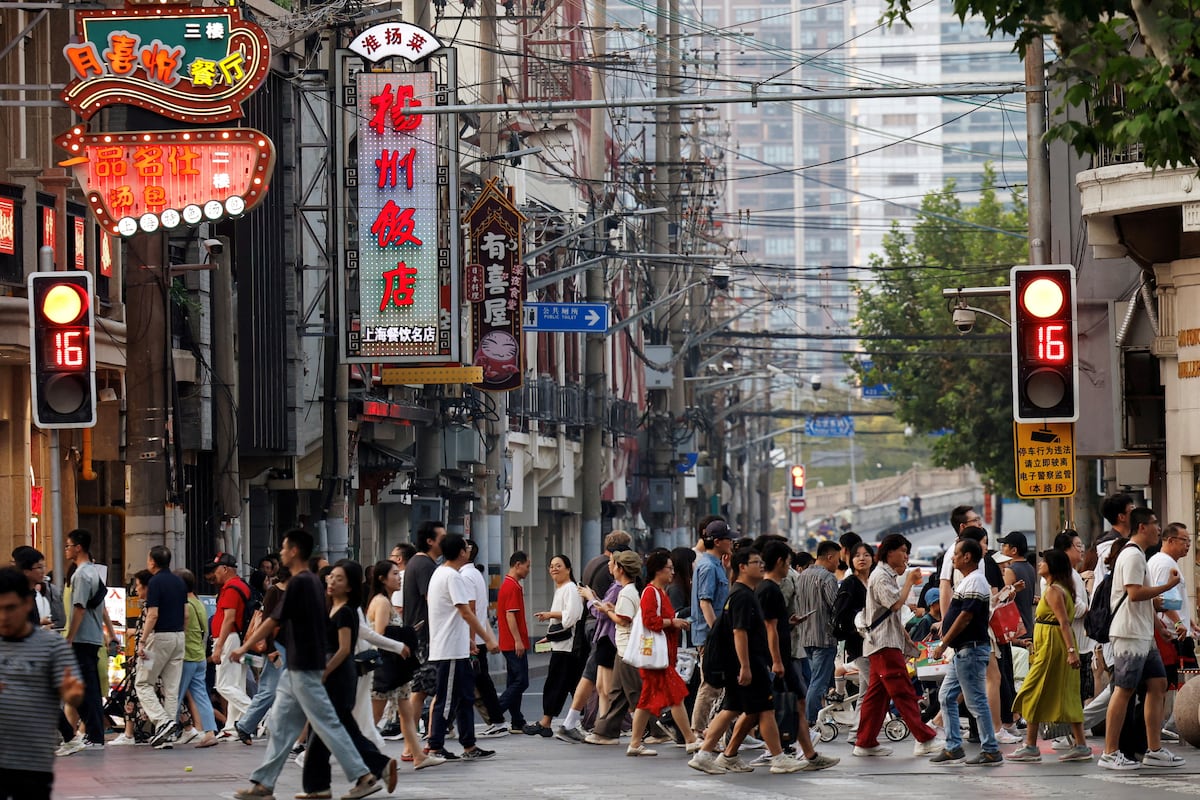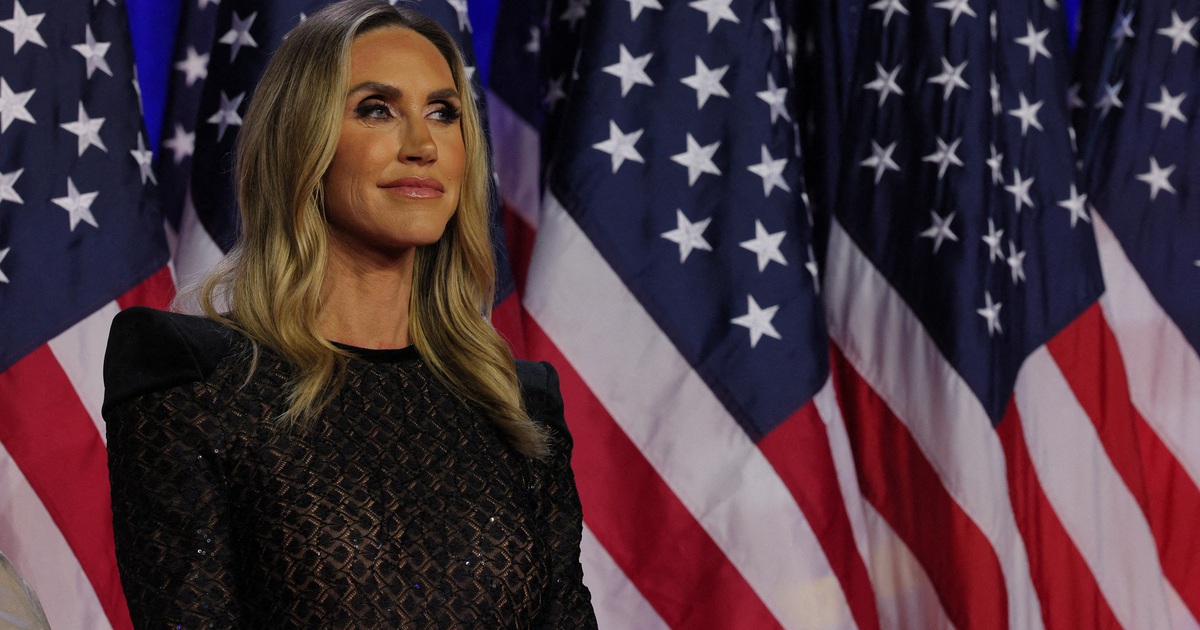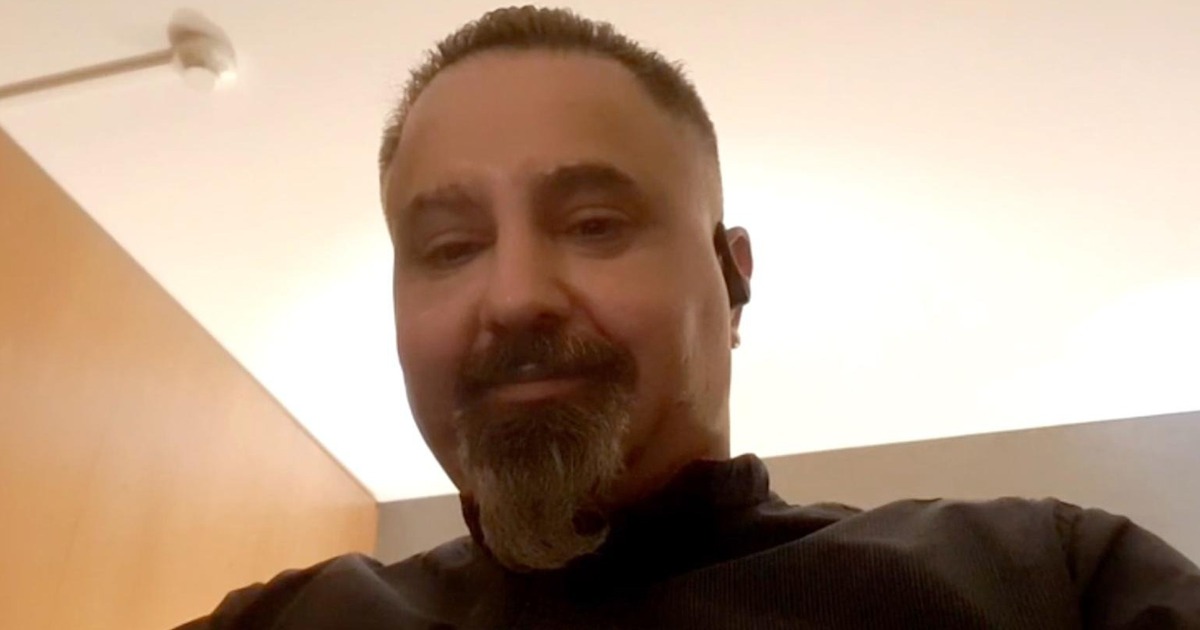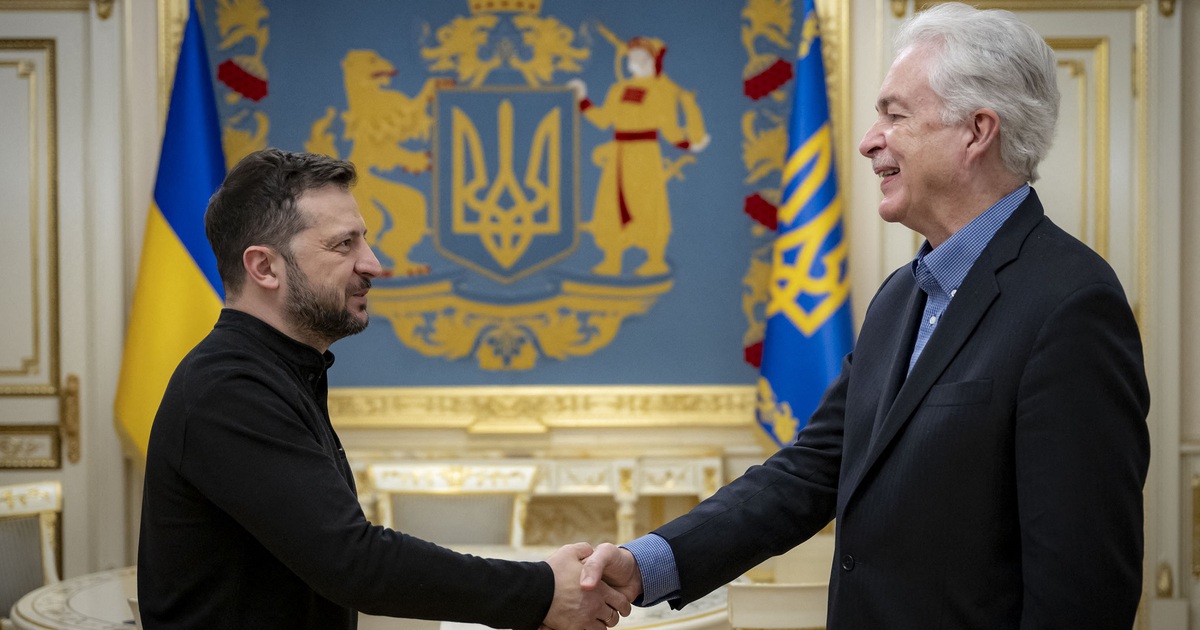The image, like many of those that have been happening these days, looks like something out of a movie. A group of armed soldiers with all their equipment seize the offices of the Qatari channel Al Jazeera in Ramallah, the administrative capital of the occupied West Bank, on Sunday morning. The live broadcast on its Arabic channel, which is watched by millions of people around the world, continues while the uniformed men take out what looks like a paper with an order to close for a period of 45 days. The head of the office, Walid Al-Omari, reads the document to all the viewers in front of the uniformed men and several fellow cameramen.
The network considers the military operation, which is based on political orders, a “criminal act” as well as an “attack on freedom of expression and the principles of journalism,” according to a statement, adding that the aim is to prevent the reality of what is happening in the occupied West Bank and in the war in Gaza from being shown. In this sense, they will continue to report and do not feel intimidated, the statement added.
The raid on the West Bank offices was preceded by the closure in May of the station’s headquarters in East Jerusalem, also under Israeli occupation, and the ban on broadcasting in Israel. At the same time, the station’s reporters have suffered first-hand the Israeli attacks in Gaza since the beginning of the war on October 7. A symbol of this harassment is the Palestinian journalist Wael Dahdouh, head of Al Jazeera in the Strip, who lost his wife, two children, a grandson and other relatives in a bombing a few days after the outbreak of the conflict.
Dahdouh buried them and then decided to continue his work, but two months later he was himself the direct target of another attack in which he was wounded, while the cameraman accompanying him, Samer Abu Daqqa, was killed. In January, it was his eldest son, Hamza, who was killed when the car he was travelling in was bombed in the Palestinian enclave.
“I believe in the humanitarian mission of journalism. Our mission is to continue reporting,” he told this newspaper during an interview in Córdoba when he received the Julio Anguita Parrado journalism award in April, after having been evacuated from the Strip to receive medical attention.
Knowing what’s happening outside means understanding what’s going to happen inside, so don’t miss anything.
KEEP READING
Attacks on Palestinian journalists
A total of 111 journalists or media workers have been killed in Gaza during Israeli military attacks since October 7, 2023, according to the Committee to Protect Journalists.
Previously, on May 11, 2022, the Israeli army shot and killed Palestinian-American Al Jazeera reporter Shireen Abu Akleh in the neck while she was covering a military operation in the West Bank city of Jenin.
“The closure of Al Jazeera’s offices in Jerusalem, after Israel branded the network a “threat to national security,” culminates a long history of disputes, not without bloody chapters of confrontation, between Qatari television and the government of Israeli Prime Minister Benjamin Netanyahu,” wrote Anas Ben Salah, a reporter for the Qatari network, in Morning Express last May.

